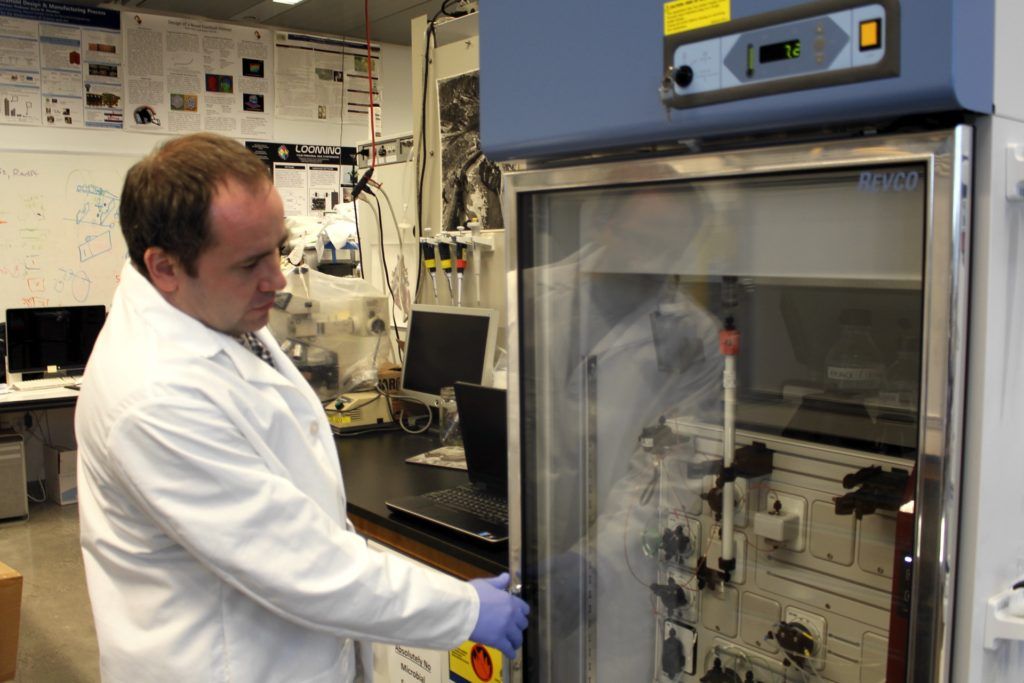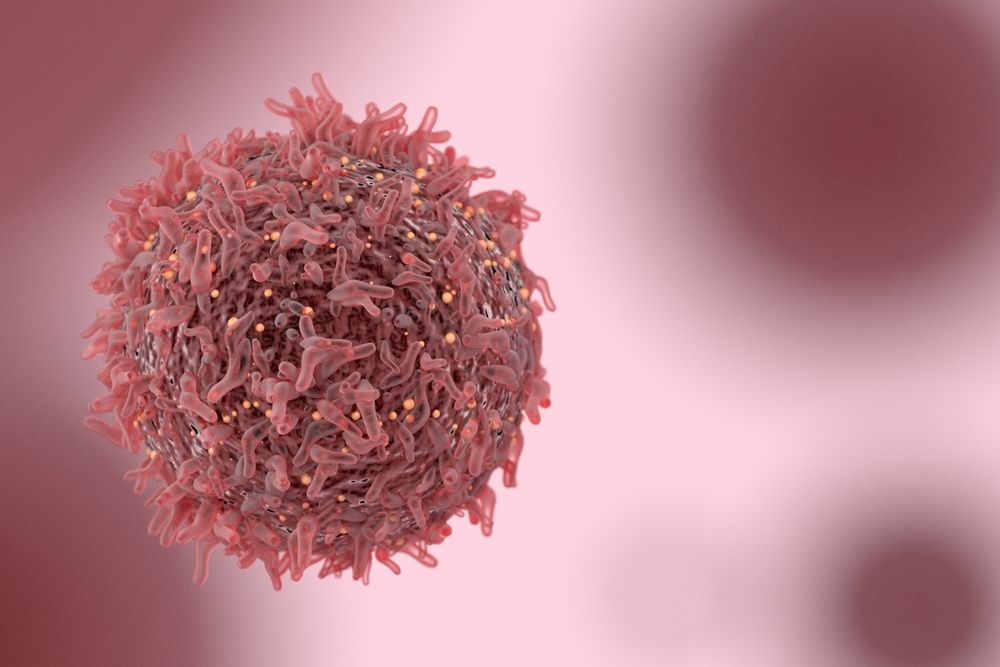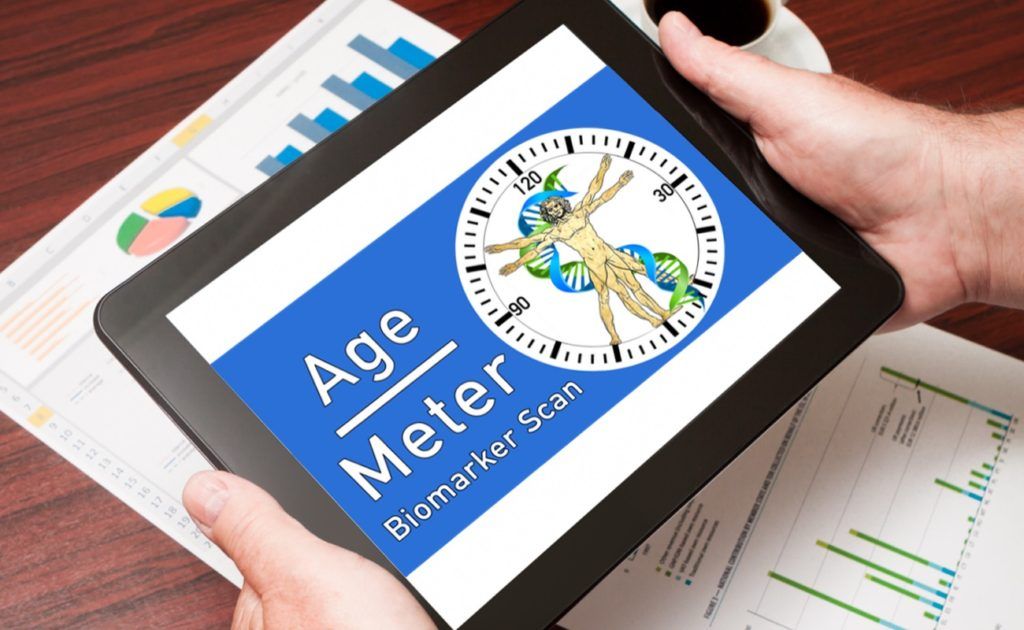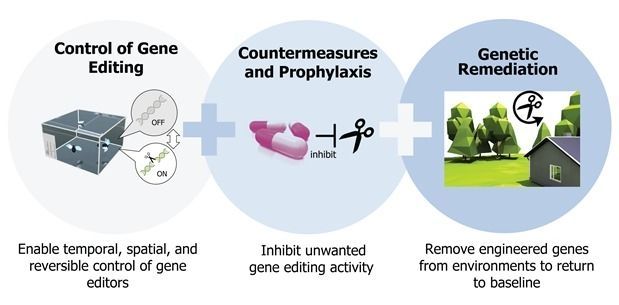Join us Live on 28th July on our Facebook Page and lets talk some science. Dr. Oliver Medvedik hosts our monthly Journal Club and this time we are talking about a new protein destroying missle system that could target undruggable diseases developed at Dundee University, UK.
Journal Club is a monthly live event and runs thanks to the support of our patrons. You can become a patron here: https://www.lifespan.io/campaigns/join-us-become-a-lifespan-hero/
We are holding our third Journal Club live stream event on July 28th at 13:00 EST/18:00 UK. Dr. Oliver Medvedik live from Cooper Union NYC and the Ocean level Patrons will be discussing a recent research paper with the opportunity for viewers to join the chat, comment and ask questions.
The paper we will be discussing is the recent AdPROM study where researchers from Dundee University, UK, created a missile system capable of targeting and destroying proteins within the cell, this opens up the door for treating undruggable diseases and tackling some of the aging processes. We discuss the research here in an article.
Fulcher, L. J., Hutchinson, L. D., Macartney, T. J., Turnbull, C., & Sapkota, G. P. (2017). Targeting endogenous proteins for degradation through the affinity-directed protein missile system. Open Biology, 7, 170066.




